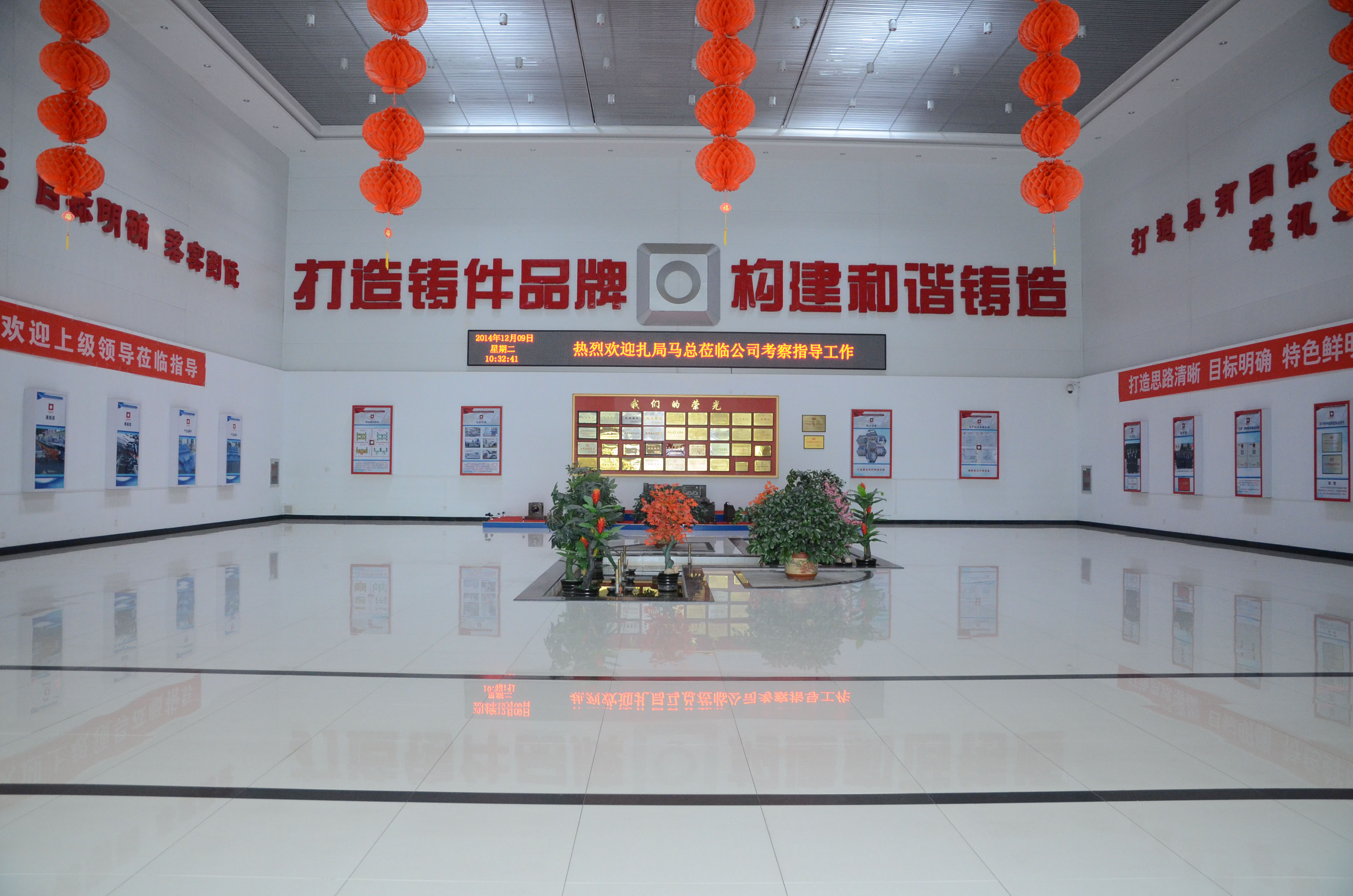- Afrikaans
- Albanian
- Amharic
- Arabic
- Armenian
- Azerbaijani
- Basque
- Belarusian
- Bengali
- Bosnian
- Bulgarian
- Catalan
- Cebuano
- China
- China (Taiwan)
- Corsican
- Croatian
- Czech
- Danish
- Dutch
- English
- Esperanto
- Estonian
- Finnish
- French
- Frisian
- Galician
- Georgian
- German
- Greek
- Gujarati
- Haitian Creole
- hausa
- hawaiian
- Hebrew
- Hindi
- Miao
- Hungarian
- Icelandic
- igbo
- Indonesian
- irish
- Italian
- Japanese
- Javanese
- Kannada
- kazakh
- Khmer
- Rwandese
- Korean
- Kurdish
- Kyrgyz
- Lao
- Latin
- Latvian
- Lithuanian
- Luxembourgish
- Macedonian
- Malgashi
- Malay
- Malayalam
- Maltese
- Maori
- Marathi
- Mongolian
- Myanmar
- Nepali
- Norwegian
- Norwegian
- Occitan
- Pashto
- Persian
- Polish
- Portuguese
- Punjabi
- Romanian
- Russian
- Samoan
- Scottish Gaelic
- Serbian
- Sesotho
- Shona
- Sindhi
- Sinhala
- Slovak
- Slovenian
- Somali
- Spanish
- Sundanese
- Swahili
- Swedish
- Tagalog
- Tajik
- Tamil
- Tatar
- Telugu
- Thai
- Turkish
- Turkmen
- Ukrainian
- Urdu
- Uighur
- Uzbek
- Vietnamese
- Welsh
- Bantu
- Yiddish
- Yoruba
- Zulu
دېكابىر . 31, 2024 05:26 Back to list
standard heat exchangers
Standard Heat Exchangers An Overview
Heat exchangers are critical components in various industries, facilitating the transfer of heat from one medium to another efficiently. They play an essential role in processes such as heating, cooling, and energy recovery. Standard heat exchangers, designed based on established principles and specifications, ensure reliability and performance in various applications ranging from HVAC systems to power generation and chemical processing.
Types of Heat Exchangers
Standard heat exchangers come in various types, each suited for specific applications. The most common types include
1. Shell and Tube Heat Exchangers This type consists of a series of tubes, with one set carrying the hot fluid and the other the cold fluid. They are widely used due to their robustness and efficiency. Shell and tube heat exchangers can handle high pressures and temperatures, making them ideal for oil refineries and chemical plants.
2. Plate Heat Exchangers Comprising multiple thin, corrugated plates stacked together, plate heat exchangers provide a large surface area for heat transfer. They are compact and efficient, making them suitable for food processing, pharmaceuticals, and HVAC applications. Their design allows for easy cleaning and maintenance.
3. Air-Cooled Heat Exchangers These exchangers use air to remove heat from a fluid. Commonly used in cooling applications, they are prevalent in industries such as power generation and refrigeration. Air-cooled heat exchangers are advantageous in locations where water is scarce.
4. Double-Pipe Heat Exchangers A simplified design consisting of one pipe inside another, double-pipe heat exchangers are often used for small-scale applications. They are easy to fabricate and maintain, making them ideal for laboratory settings and small industries.
Applications of Standard Heat Exchangers
Standard heat exchangers find applications in numerous fields
- HVAC Systems In heating, ventilation, and air conditioning (HVAC) systems, heat exchangers play a vital role in maintaining indoor climate control. They recycle waste heat to improve energy efficiency and reduce operational costs.
standard heat exchangers

- Power Generation In power plants, heat exchangers are crucial for cooling steam and transferring heat between different processes, enhancing overall system efficiency.
- Chemical Processing Within the chemical industry, heat exchangers are employed in reactors, distillation columns, and other processes to control temperature and facilitate chemical reactions safely.
- Food and Beverage Industry Here, they are used for pasteurization and maintaining the desired temperatures during production, ensuring food safety and quality.
Advantages of Standard Heat Exchangers
Standard heat exchangers offer numerous advantages, including
- Energy Efficiency By recovering and reusing heat, these exchangers contribute significantly to energy conservation and operational cost reduction.
- Versatility They can be designed to handle various fluids and operate under different temperatures and pressures, making them suitable for a wide range of applications.
- Compact Design Many heat exchangers, particularly plate and air-cooled types, have a compact footprint, saving valuable space in industrial settings.
- Ease of Maintenance Standard designs facilitate easier installation, inspection, and maintenance, ensuring systems operate smoothly with minimal downtime.
Conclusion
Standard heat exchangers are indispensable in many industrial applications due to their ability to transfer heat efficiently and enhance energy utilization. With various designs available, industries can select the most suitable heat exchanger to meet their specific thermal management needs. As technology advances, the design and efficiency of heat exchangers will continue to improve, playing an even more vital role in promoting sustainability and cost-effectiveness across various sectors. Understanding the mechanisms, applications, and benefits of standard heat exchangers can help industries harness the full potential of thermal energy, leading to enhanced productivity and environmental responsibility.
-
8mm Thin-Walled Cast Steel Manhole Cover Pallet Bottom Ring | Durable
NewsAug.04,2025
-
Premium Cast Iron Water Main Pipe: Durable, Corrosion-Resistant
NewsAug.03,2025
-
Durable Cast Iron Water Mains | AI-Optimized Systems
NewsAug.02,2025
-
High-Efficiency Propane Boiler for Baseboard Heat | Save Energy
NewsAug.01,2025
-
Premium Source Suppliers for Various Gray Iron Castings
NewsJul.31,2025
-
Durable Cast Iron Water Main Pipes | Long-Lasting
NewsJul.31,2025


